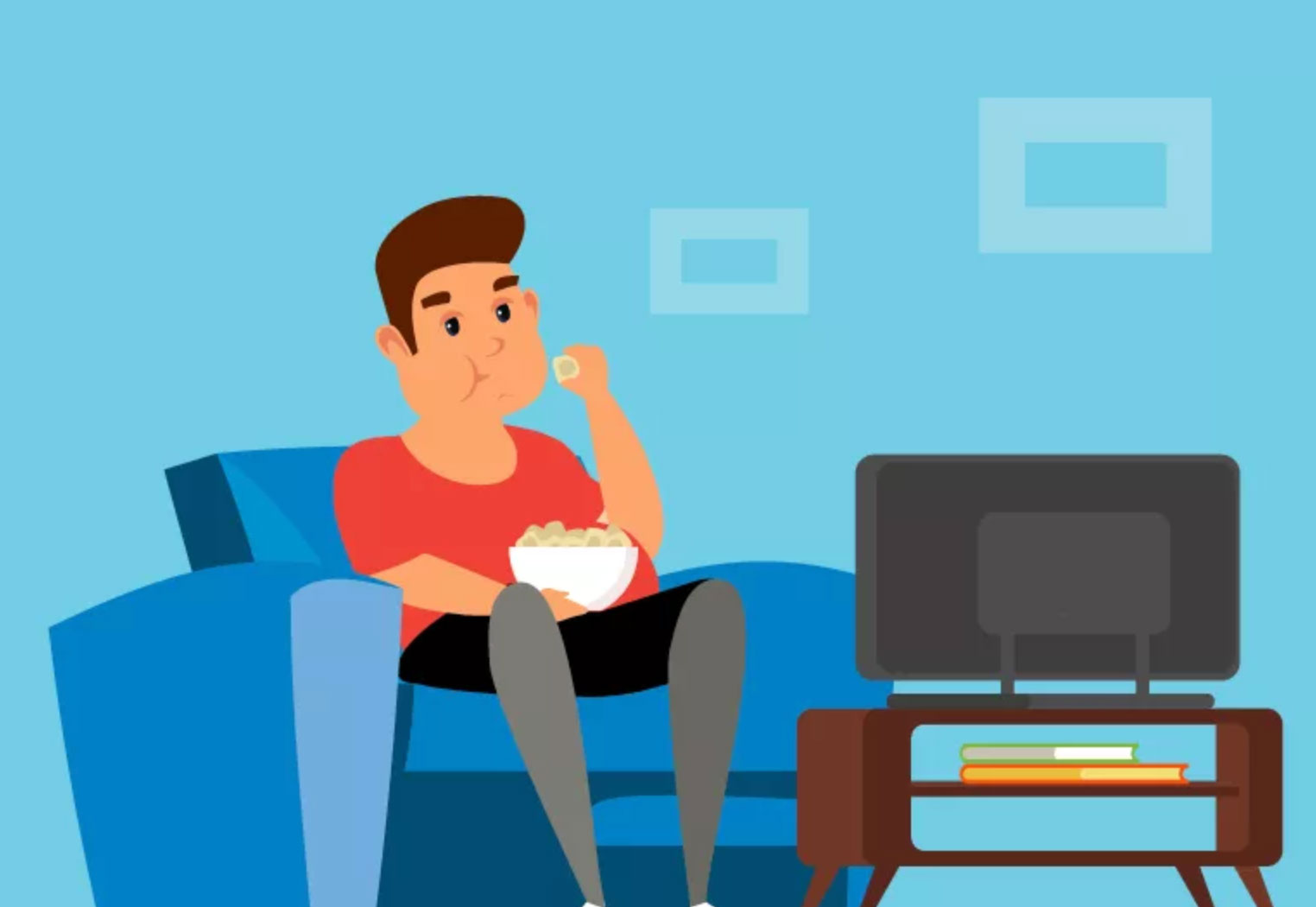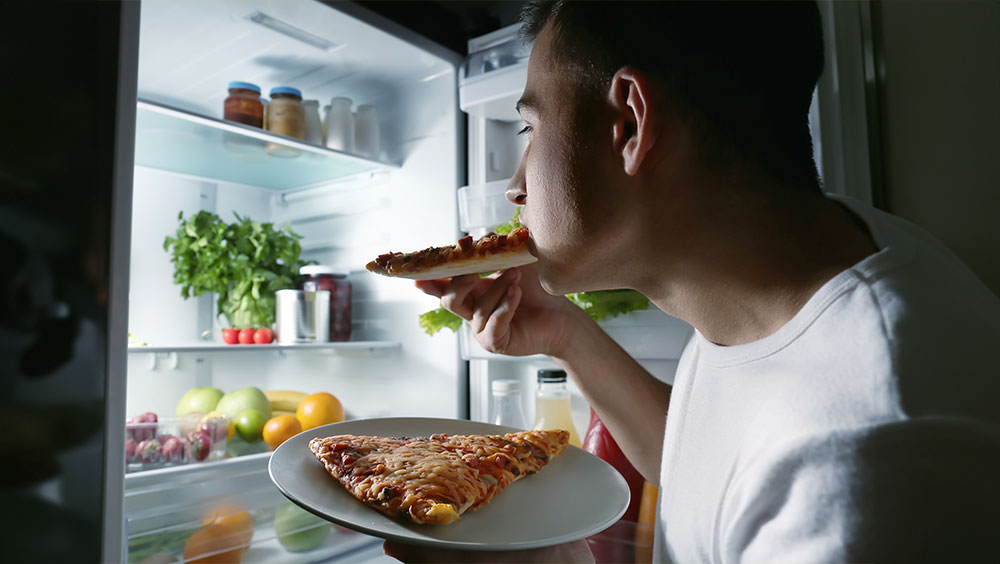Overeating at night is a common struggle for many people, often leading to discomfort and unwanted weight gain. Late-night cravings can be triggered by stress, boredom, or even poor eating habits throughout the day. Fortunately, with the right strategies, you can learn how to stop overeating at night and develop healthier eating patterns. In this article, we'll explore practical tips to help you control your nighttime eating and improve your overall well-being.
Identify Your Triggers

Understanding why you overeat at night is the first step to conquering it. Common triggers include stress, emotional eating, boredom, and restrictive diets during the day. Keeping a food journal can help you identify patterns and recognize what leads to late-night snacking. Once you pinpoint your triggers, you can address them with healthier alternatives like relaxation techniques, engaging activities, or balanced meals earlier in the day..
Eat Balanced Meals Throughout The Day

One reason for overeating at night is inadequate meals during the day. Skipping meals or eating low-nutrient foods can leave you feeling hungry later. Ensure your breakfast, lunch, and dinner include a balance of protein, fiber, and healthy fats to keep you full and satisfied. By nourishing your body during the day, you reduce the chances of uncontrollable hunger at night..
Stay Hydrated

Sometimes, thirst is mistaken for hunger, leading to unnecessary snacking. Drinking enough water throughout the day can help you differentiate between true hunger and dehydration. Aim for at least eight glasses of water daily and consider drinking herbal tea or flavored water in the evening to curb cravings without adding extra calories..
Create A Relaxing Nighttime Routine

Many people overeat at night due to stress and anxiety. Establishing a relaxing bedtime routine can help you unwind without turning to food. Activities such as reading, meditating, or taking a warm bath can reduce stress levels and promote better sleep, reducing the urge to snack mindlessly..
Limit Access To Unhealthy Snacks

Keeping unhealthy snacks out of reach or not buying them at all can help prevent late-night binges. Instead, stock your kitchen with nutritious alternatives like fruits, yogurt, or nuts. Having healthier options available ensures that even if you do get hungry, you make better choices..
Avoid Eating In Front Of Screens

Mindless eating often happens while watching TV or scrolling through your phone. When you're distracted, it's easy to lose track of how much you've eaten. Try to have meals and snacks at a designated eating area without screens. Being mindful of your food choices can prevent overeating..
Get Enough Sleep

Lack of sleep can disrupt hunger hormones, leading to increased cravings and late-night snacking. Aim for 7-9 hours of quality sleep each night to regulate your appetite. Poor sleep can make it harder to resist unhealthy foods, so prioritize rest for better overall health..
Practice Mindful Eating

Mindful eating involves paying attention to your food, chewing slowly, and savoring each bite. This technique helps you recognize when you're truly full, preventing overeating. Practicing mindfulness during meals and snacks can significantly reduce the urge to eat unnecessarily at night..
Overcoming nighttime overeating takes effort, but it is possible with the right strategies. By identifying triggers, eating balanced meals, staying hydrated, and adopting healthy habits, you can curb late-night cravings and improve your overall well-being. Small changes over time can lead to significant results, helping you develop a healthier relationship with food.


